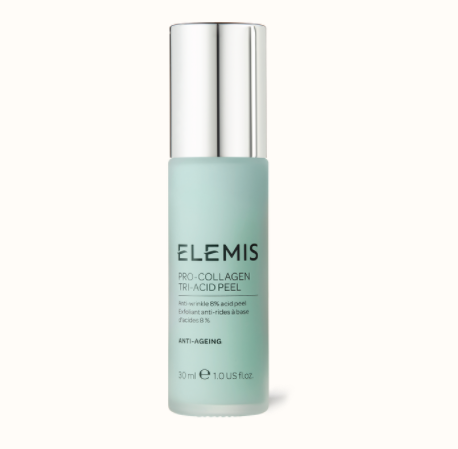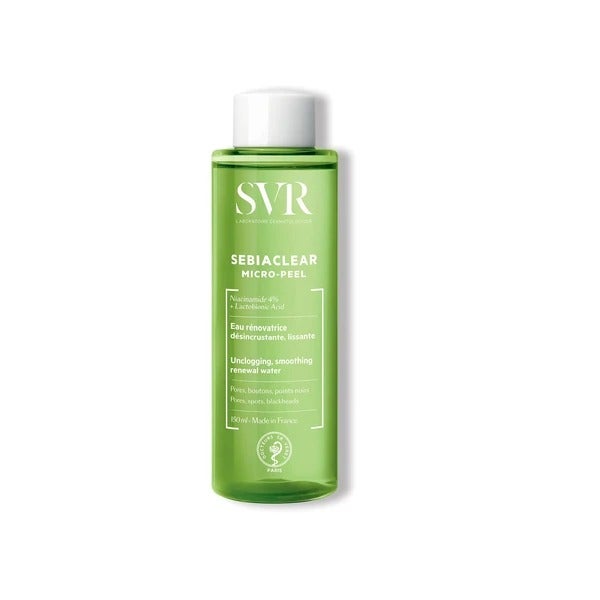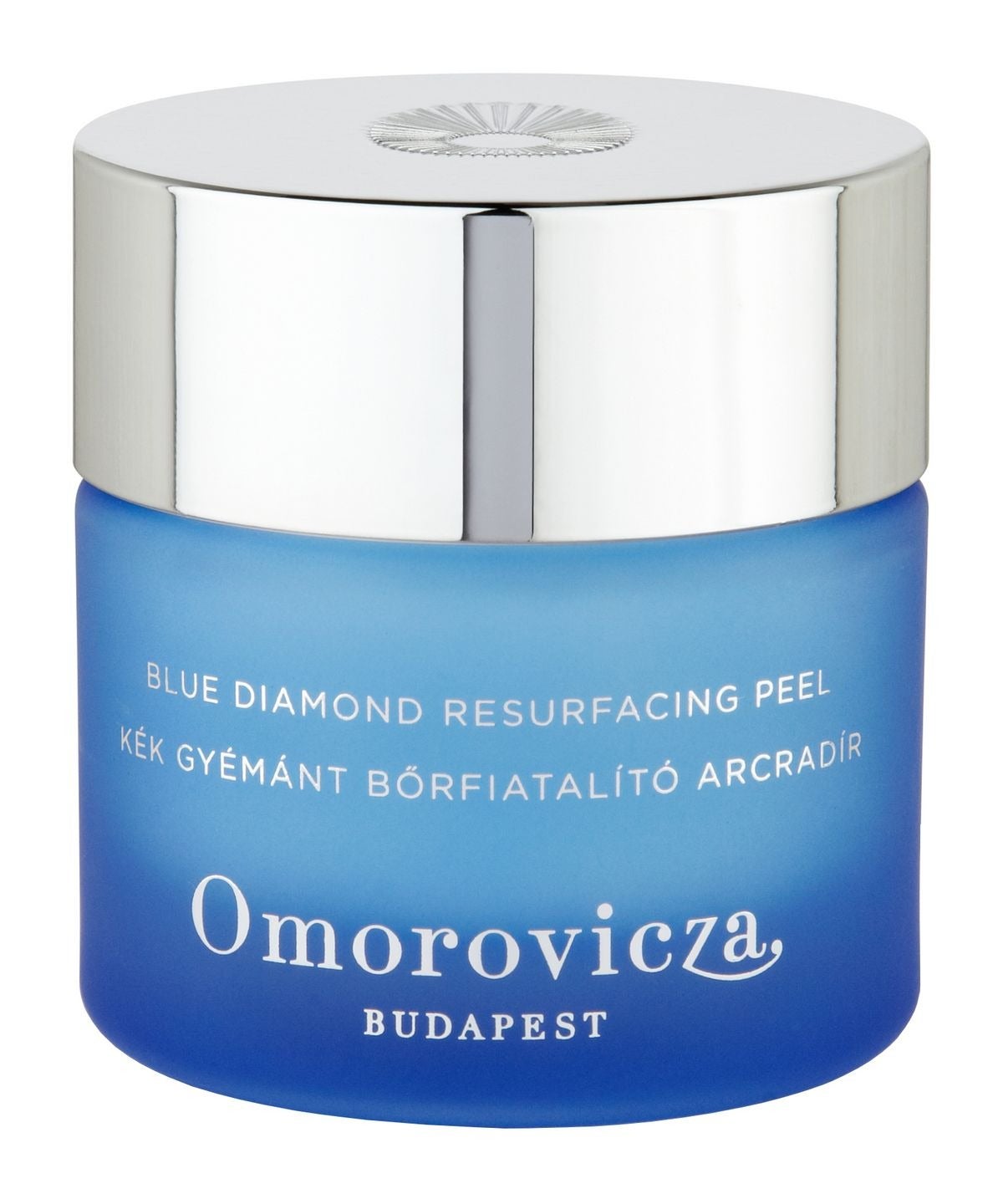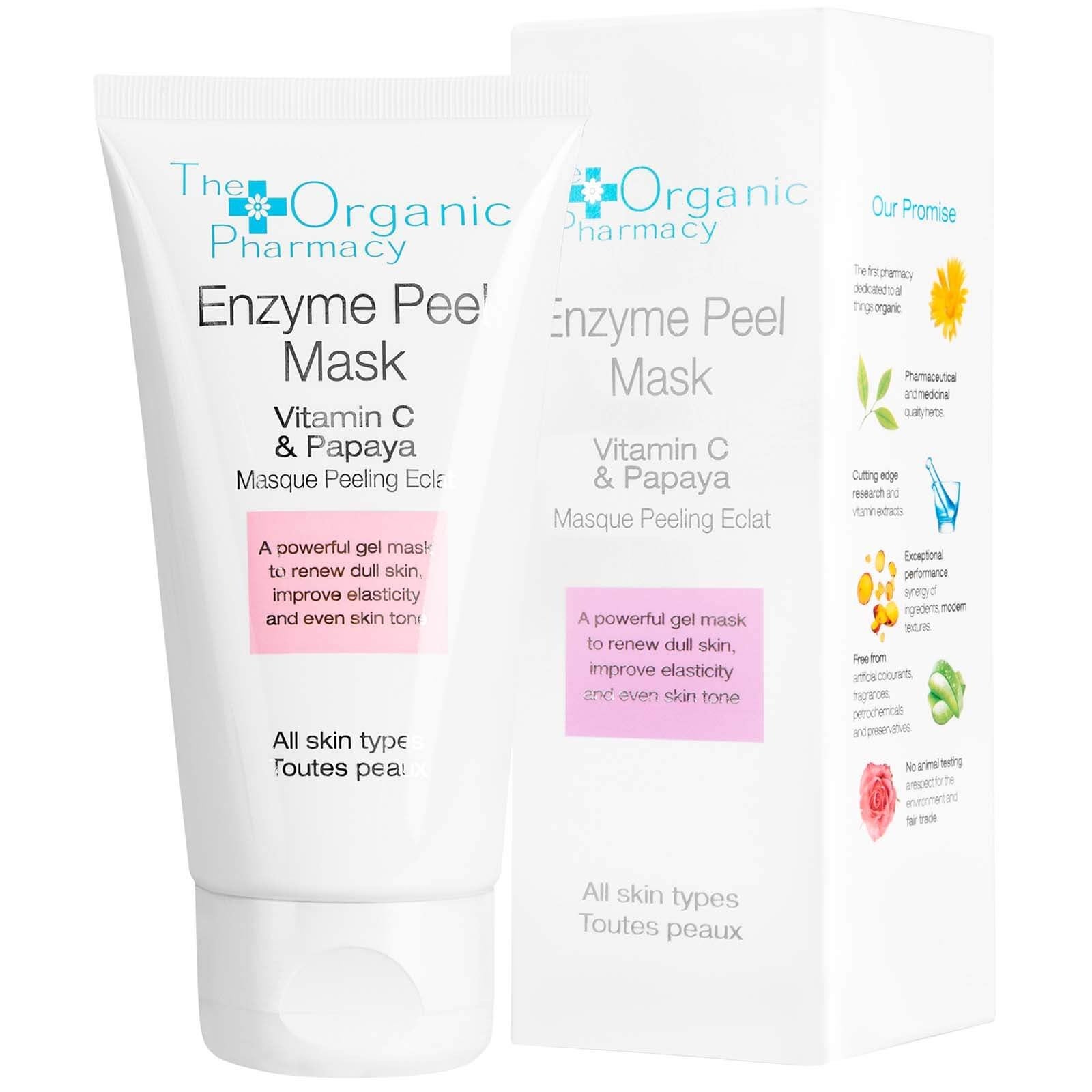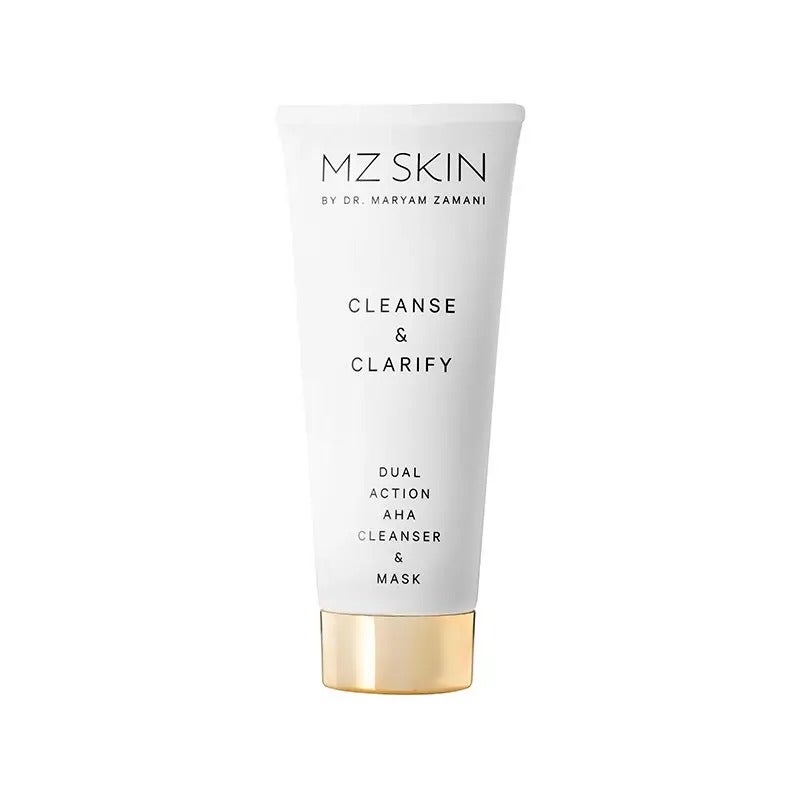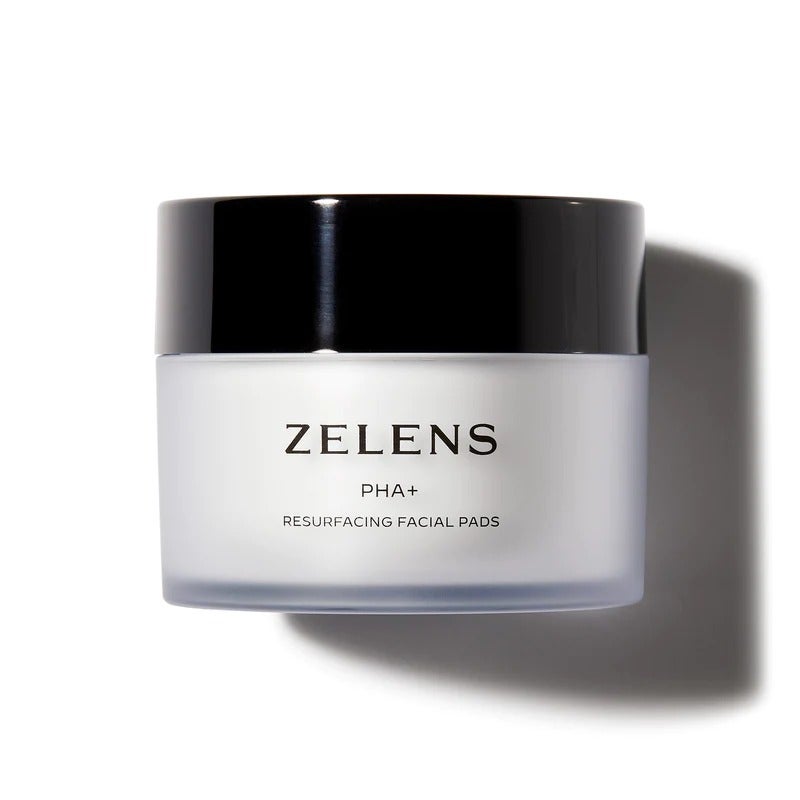Lactobionic Acid Is The New Ingredient Transforming Winter Skin
Photographed by Shingi Rice
From mandelic to salicylic, exfoliating acids are huge in skincare right now. Promising brighter, smoother and clearer skin, they work on both a surface and deeper level to lift away dull, dead skin cells, unclog pores and minimise hyperpigmentation. It's no wonder the multitasking ingredients are popular among skin experts and skincare obsessives alike. Now, there's a new exfoliating acid on the block and skincare brands are slowly jumping on board, formulating all manner of products from masks to leave-on toners with the buzzy, multitasking component.
The ingredient in question? Lactobionic acid.
What is lactobionic acid in skincare?
AdvertisementADVERTISEMENT
"Lactobionic acid (otherwise known as LA) is a compound formed naturally in the human body by the oxidation of lactose," explains skin expert Dr Philippe Hamida-Pisal of PHP Aesthetic and Divisions of PHP Health First Ltd. But don't let the science put you off. "In recent years, it has gained a lot of recognition in the cosmetic industry and among dermatologists, mostly for its antioxidant properties," continues Dr Hamida-Pisal, which means it protects the skin from the environment, including dulling pollution.
What does lactobionic acid do for the skin?
Providing antioxidant protection isn't the only thing lactobionic acid does for the skin. In fact, it's a true multitasker. "It moisturises the skin, helps to exfoliate dead cells and even reduces fine lines and scars," adds Dr Hamida-Pisal. "At the same time – because of its antioxidant qualities – lactobionic acid can improve the tone, radiation and elasticity of most skin types, providing the skin with a gleam effect that is highly sought-after by most individuals." In other words, it's the ultimate glow-booster.
What is the difference between lactobionic acid and other skincare acids?
Without sounding too much like a chemistry lesson, lactobionic acid is a polyhydroxy acid (or PHA) which means it has large molecules and doesn't penetrate the skin as deeply as other acids. "As a result, it does not irritate the skin as much as other acids can do, such as glycolic acid, for instance," says Dr Hamida-Pisal. "The fact that lactobionic acid remains and acts on the surface of the skin also adds to its moisturising and exfoliating qualities."
AdvertisementADVERTISEMENT
Which skin types will benefit from lactobionic acid and which ones may not tolerate it as well?
Because it doesn't penetrate the skin in an aggressive way, Dr Hamida-Pisal says that lactobionic acid can be suitable for sensitive skin types, which is not always the case with other acids, especially glycolic acid. "Most skin types will benefit from a skin regime that includes lactobionic acid, however people with very sensitive skin may need to use products with a very low percentage of LA and only apply a very thin layer. This includes people with very dry skin."
How do you use lactobionic acid in skincare?
Dr Hamida-Pisal points out that this depends on your needs and skin type but like other acids, a leave-on toner is your best bet. Try SVR SEBIACLEAR Micro Peel, £15, which exfoliates oily, acneic skin prone to sensitivity. After cleansing in the evening, swipe on using a cotton pad or your fingertips and follow with your favourite moisturiser. "Others, on the contrary, will do well applying a face mask with a low percentage of lactobionic acid once or twice a week," adds Dr Hamida-Pisal. R29 rates The Organic Pharmacy Enzyme Peel Mask With Vitamin C and Papaya, £49.95.
Ultimately, though, the best way to ascertain what products to use and how to combine them is by consulting a skin specialist, says Dr Hamida-Pisal.
AdvertisementADVERTISEMENT
How often should you use lactobionic acid?
"The frequency depends, once again, on the skin type," says Dr Hamida-Pisal but if you're new to the ingredient, start off by using it two to three times a week as part of an evening skincare routine and monitor your skin for any irritation.
Are there any side effects of using lactobionic acid in skincare?
"A possible side effect may be irritation but this normally goes away within a few hours," says Dr Hamida-Pisal, "and this tends to only affect people with very sensitive skin or very dry skin." If your skin is red or sore, stop using the product immediately and consult a skin specialist. Like all skincare acids, lactobionic acid can make skin sensitive to sunlight, so it's important to wear a high factor sunscreen every day.
Refinery29's selection is purely editorial and independently chosen – we only feature items we love! As part of our business model we do work with affiliates; if you directly purchase something from a link on this article, we may earn a small amount of commission. Transparency is important to us at Refinery29, if you have any questions please reach out to us.
AdvertisementADVERTISEMENT







